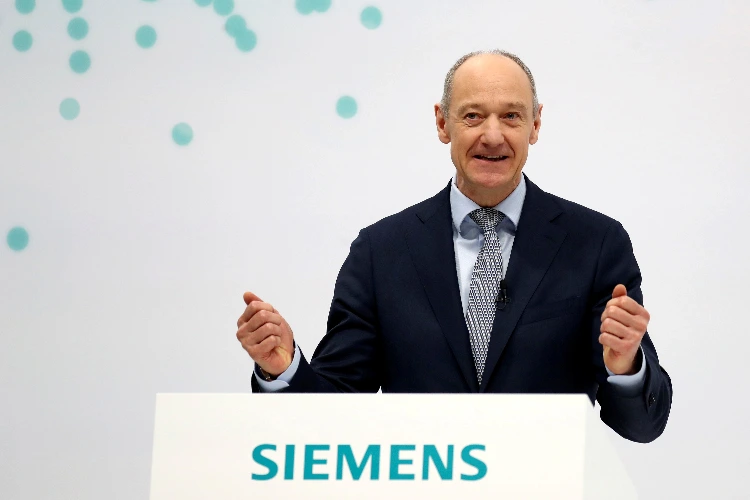Siemens CEO Pushes Sustainability as Leadership Imperative

Siemens CEO Roland Busch has reaffirmed sustainability as a core pillar of the company’s global leadership agenda, calling it both a moral obligation and a competitive necessity. The announcement signals Siemens’ commitment to aligning innovation with environmental stewardship, while influencing broader industrial transformation across sectors.
Sustainability as Strategy, Not Slogan
Speaking at the Global Industrial Summit in Berlin, Busch made it clear: sustainability is no longer optional—it’s a leadership mandate. Siemens is integrating sustainability metrics across business units, tying executive incentives and long-term growth targets to measurable environmental outcomes.
“Our vision is to be the technology partner of choice in a decarbonizing world,” Busch stated. “Leadership in the 21st century is defined not just by profit, but by purpose and impact.”
Key Initiatives Driving Siemens’ Green Transformation
Siemens outlined a robust portfolio of sustainability-driven programs and technologies across its global operations, including:
-
Net-zero commitment by 2030, with all production facilities shifting to renewable energy
-
Industrial decarbonization solutions, including energy-efficient automation and digital twins
-
Sustainable mobility systems for smart cities and next-gen transport infrastructure
-
Investment in green hydrogen, grid modernization, and circular economy platforms
These initiatives reflect Siemens’ evolution from a legacy industrial firm to a sustainability-driven digital infrastructure leader.
Greening the Supply Chain and Partner Ecosystem
Beyond internal operations, Siemens is also pushing sustainability deeper into its supply chain and ecosystem partnerships. New policies require vendors and partners to adhere to strict environmental standards, carbon accounting practices, and circularity goals.
Siemens is developing digital tools to help suppliers track, verify, and improve their sustainability performance, creating an end-to-end value chain aligned with net-zero ambitions.
ESG Metrics Embedded in Business DNA
Busch confirmed that environmental, social, and governance (ESG) metrics are now fully integrated into Siemens’ risk management, capital allocation, and innovation roadmaps. This includes:
-
A sustainability scorecard for all major investments
-
Climate risk analysis embedded in strategic planning
-
Transparent ESG reporting aligned with GRI, TCFD, and EU taxonomy standards
The company has also launched internal reskilling programs to build sustainability competencies across its workforce—from engineering to executive leadership.
A Blueprint for Industry-Wide Change
As one of Europe’s most influential industrial leaders, Siemens is positioning itself as a catalyst for system-level change. Busch called on peer companies, investors, and governments to co-develop scalable frameworks for carbon reduction and energy resilience.
“We can’t wait for perfect regulations—we need to lead by example,” Busch said. “Our industry has the scale and resources to bend the curve. But only if we act now, and act together.”
